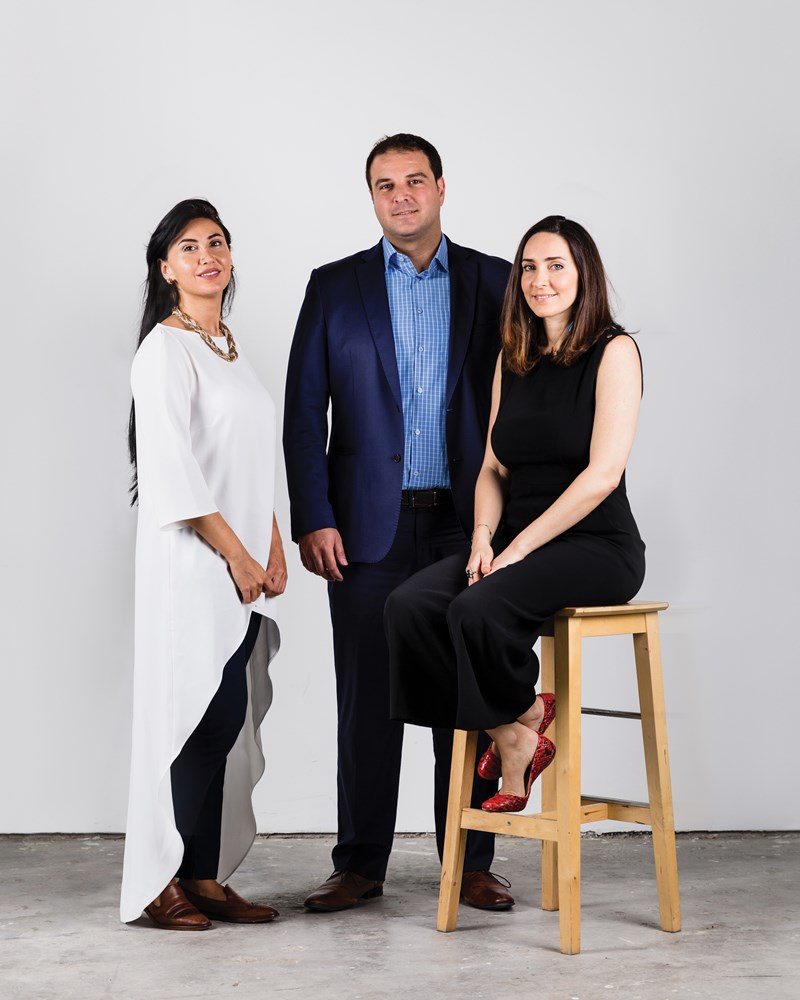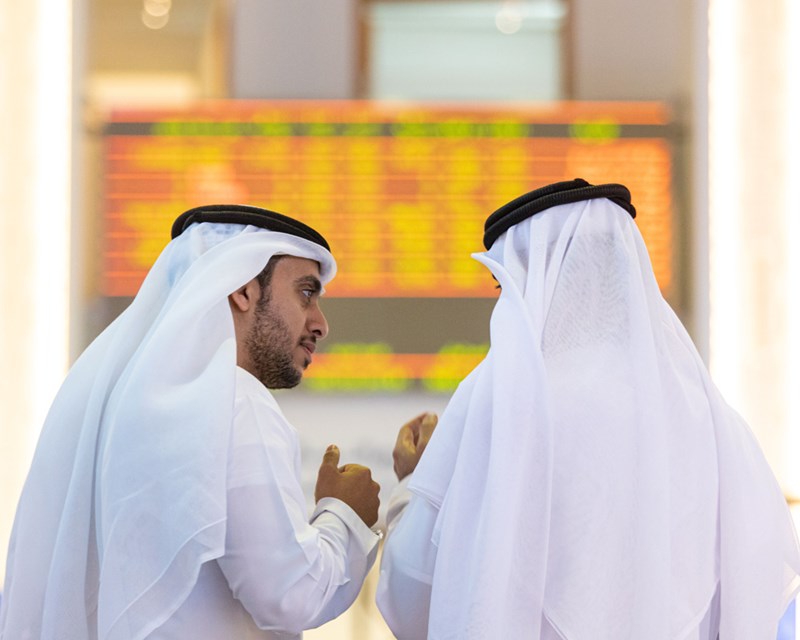Start-ups are part of a broader conversation about the ties between private business and society that has been gathering pace since the onset of the Arab Spring. The turmoil threw the region’s mass youth unemployment and economic inequality into sharp focus, and made clear that governments had neither the cash, nor the capacity to fix these problems alone.
Entrepreneurship has been touted as an antidote to this mix, but it needs the backing of a dynamic private sector – and not all are on board.
“Companies still aren’t doing enough,” says Ghandour. “The idea that they are only responsible for their own commercial success is, in my view, crazy. If we look at the countries that were responsible for the uprisings, the private sector was hammered. It’s in its interest to give more – of its capital, its knowledge and its capabilities.”
Ghandour is lobbying for a reinvention of the corporate blueprint. Rather than tunnel-vision capitalism – where the business of business is profit, and nothing else – he sees a model where social returns are as crucial as the financial motive.
This is disruption of a high order, and it banks on the buy-in of companies. Many of the goals of the Arab Spring – job creation, stability and better living conditions – will stall without vibrant, private sector-driven economies.
“This is not about CSR. This is about the company as a living organism that affects society around it,” he says. “The affluence of a company is tied to the affluence of the community it lives in, and vice versa. If we don’t take that view, we risk sacrificing long-term success just to gain a quick profit.
“The demand for change may have quieted down now, but anyone who assumes this has been resolved does so at their peril,” he continues. “The questions are the same: how does wealth trickle down? How do we get our youth to become job creators, to feel the affluence of society?”
This is not idle criticism: Ghandour practices what he preaches. Corporate activism is entwined into the Aramex business model. The firm has a track record of aiding in disaster relief, in education and employment schemes, in sports and youth development and – unsurprisingly – support for entrepreneurs. It also has a policy of buying small; if it can sign up an SME as a supplier over a bigger player, it will.
“People ask me what is the difference between Aramex and its multibillion-dollar competitors. I always say it’s our corporate culture, because anybody can sell what we sell,” Ghandour says. “The private sector has a job to do here. Governments can’t drive reform alone, the safety net of social welfare doesn’t stretch that far. Will it cost us? Yes. But it’s an investment that will pay off in the future.”
Much depends on exporting this idea of conscious capitalism to the next generation. Ghandour, a Jordanian national, traces his own activist roots back to his upbringing, which played out against the background of the Arab-Israeli conflict. Politics were a daily point of discussion and there was, he recalls, “a clear sense of social justice and duty. A sense that something must change in this region”.
He has sought to mimic this with Ruwwad, which gifts scholarships to university hopefuls, usually at a cost of around $2,000 to $3,000 per student per year. In exchange, they are expected to find volunteering opportunities in their local communities, a trade-off of sweat equity for cash.
“This is not charity. They have to earn their money,” says Ghandour. “They get an education, but they also learn that this is a two-way street.”
Get it right, he asserts, and these graduates could be harbingers of a coming business revolution, where profit and social returns are deeply interdependent.
“This is how you create activist citizens, by not waiting for the government to tackle social problems. They have a sense of ownership and responsibility for their own communities, for their neighbours.”







